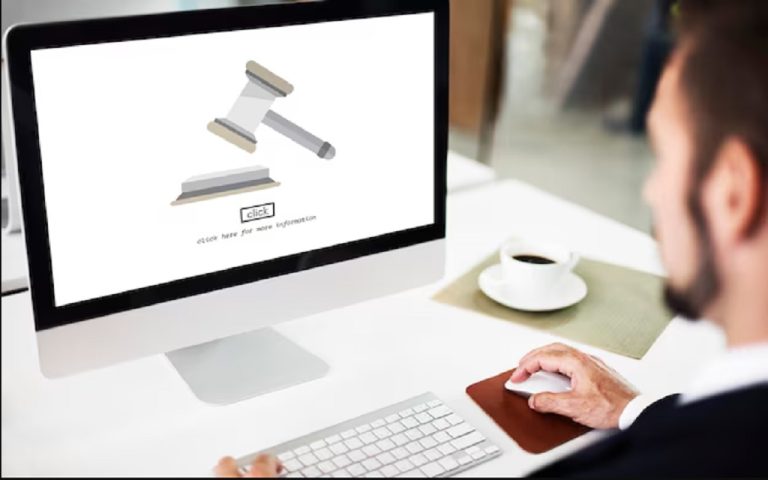Imagine buying a brand-new car that starts showing defects. No matter how often you take it to the shop, the problem does not disappear permanently. Instead, your car seems to have the same issue repeatedly. This is what we refer to as a ”lemon’.’
You might think this means you will be stuck with a faulty vehicle. However, lemon laws are to protect you in these circumstances. Let’s delve deeper into lemon laws and how they can protect you from defective cars.
What are Lemon Vehicles and Lemon Laws?
A lemon vehicle has defects that cannot be repaired even after multiple attempts. The defects are substantial, affecting its use, safety, and value. The term mostly applies to new vehicles. On the other hand, lemon laws are legal protections. These consumer protection laws ensure compensation for buyers of lemon vehicles.
Under lemon laws, you might get a refund, a replacement vehicle, or have the defect fully repaired at no cost. While the laws vary between states, the gist is the same: protect consumers stuck with defective vehicles. However, state laws don’t always apply, like for used cars or appliances. This is where the federal Magnuson-Moss Warranty Act gives you the right to sue for breach of warranty, and may cover the trial and attorney’s costs if you win the case.
How Can You Use Lemon Laws to Your Advantage?
Here is what you must keep in mind when dealing with a lemon vehicle:
1: Document Everything
Documenting everything is crucial in all legal scenarios. You must keep records of every time your car was taken for repairs. Keep all receipts, even if they seem minor. Save the following items:
- Repair invoices
- Work orders
- Dealer notes
- Emails, texts, or letters exchanged with the manufacturer.
Your documents must be detailed. Ensure that all receipts show the date, mileage, and nature of the defect. Similarly, you must log how many days your vehicle was out of service. This information can prove to be critical. Without proper records, it’s just your word against theirs, which can be complicated to navigate.
2: Report the Issue Early
Time is a critical factor in lemon law cases. Most states have strict time or mileage limits, so you must report the issue quickly. If you start experiencing an issue with your new car, report it to the dealership or manufacturer as soon as possible. This will make it easy to prove that the problem did not occur because of neglect or misuse later. Additionally, most lemon laws require you to give the manufacturer a fair chance to repair the vehicle first. An early report will provide them with the time to do this, strengthening your claim.
3: Contact an Attorney
Navigating lemon laws can be overwhelming, especially if the manufacturer disputes your claim. A lemon law lawyer can make a big difference here. They will clarify whether your vehicle qualifies as a lemon, gather evidence, and negotiate with the manufacturer. They will be especially valuable if you have to go to court.
Many lemon law lawyers offer free consultations. They work on a contingency basis, meaning you will only pay them if you win the case. This will significantly increase your chances of getting compensation without losing out on a lot.
Endnote
Lemon laws exist to protect you from faulty vehicles. Knowing these rights and acting quickly can make all the difference. However, like in all legal circumstances, it is best to consult with an attorney beforehand. Don’t hesitate to contact a lawyer turn this frustrating situation into a well-composed resolution.
Articles published under the Editorial Desk byline may include material from various sources and are reviewed internally to ensure clarity, factual consistency, and compliance with the site’s editorial standards. Content is published for general informational purposes only and follows applicable content and publishing guidelines




